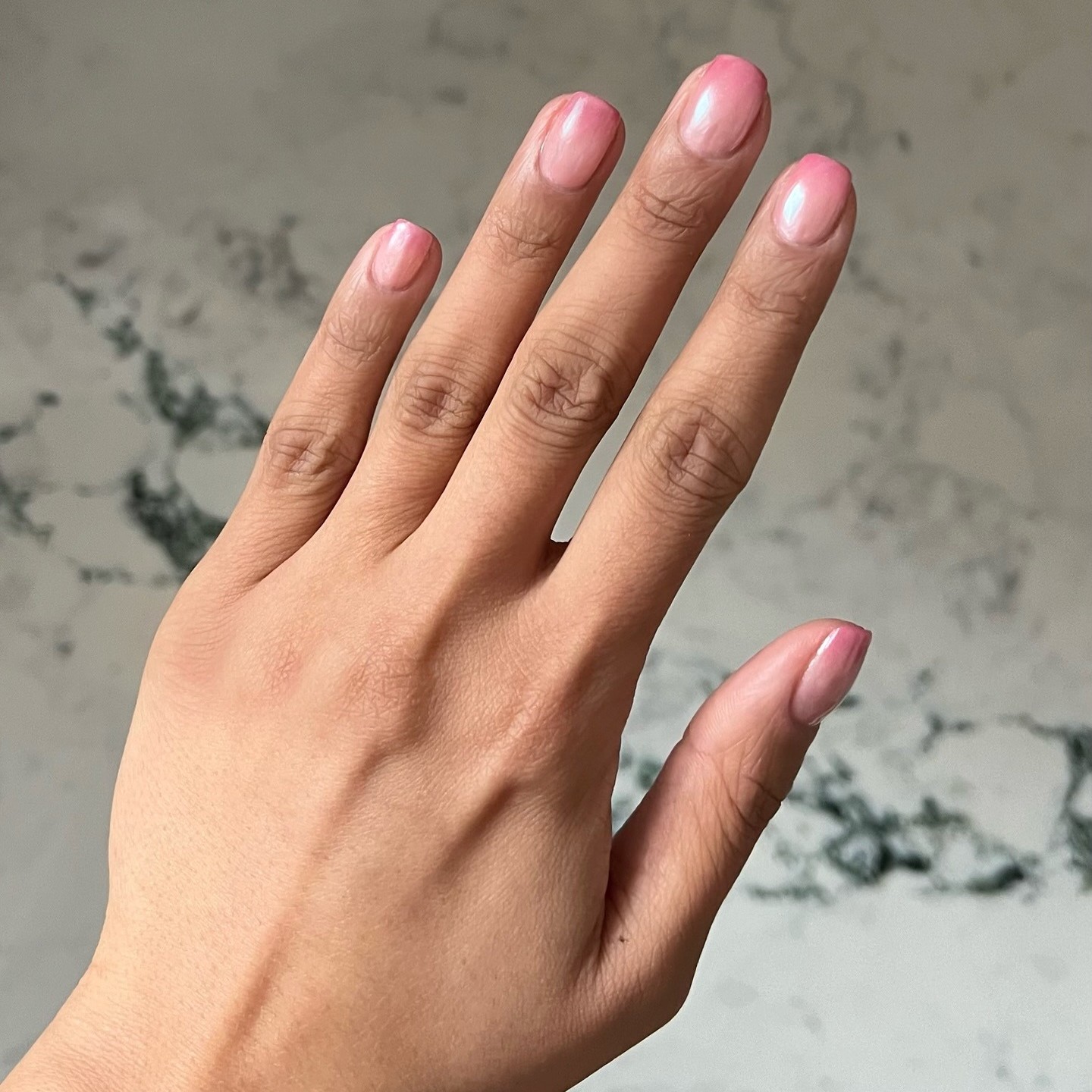Protein vs. Moisture: Here's How to Tell Which One Your Hair Needs to Beat Damage
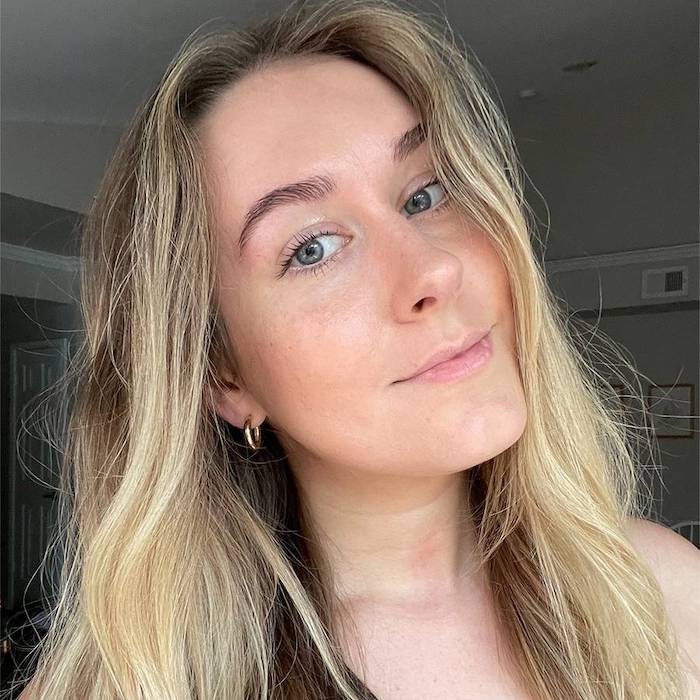
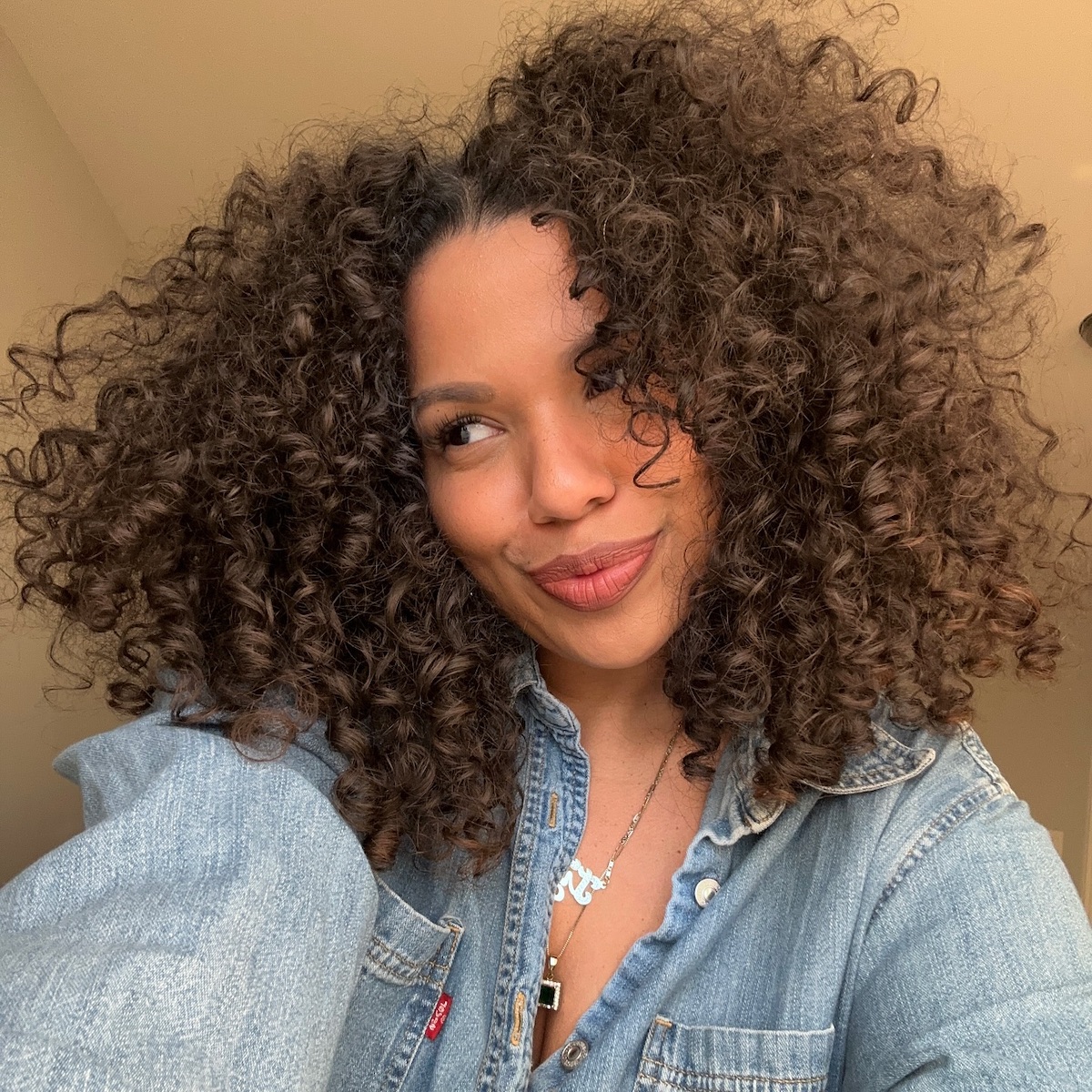
Damage isn't discerning. It can strike regardless of hair type. Do you color-treat your hair? It could be damaged. Do you heat-style your hair? Yep. What about travel? Have you exposed your hair to things like sun, heat, or salt water? All of these things can lead to split ends, dryness, dullness, and rough texture—the trademarks of damaged hair.
If you're like me, and you're on a journey of treating and reversing hair damage, you'll need to know what products and ingredients will benefit your hair the most. In other words, you'll need to know whether it needs protein or moisture. You see, protein and moisture are the two most critical components of healthy, shiny, expensive-looking hair, so when one (or both) is thrown out of balance, you see dreaded signs of damage appear. Ahead, learn how to tell if your hair needs protein or moisture. Then, see the best protein- and moisture-rich products to use.
The Basics of Protein and Moisture
Helen Reavey is a celebrity trichologist, hairstylist, and the founder of the scalp-care brand Act+Acre. She says to think of moisture and protein as the foundation of healthy, resilient hair—"one without the other leads to imbalance." Celebrity hairstylist Joey Scandizzo agrees, saying, "Your hair needs both moisture and protein so it can remain healthy and strong."
Both protein and moisture play specific roles in the hair strand. The former gives it strength and volume, whereas the latter gives it shine, softness, smoothness, and elasticity. Take it from Reavey, who says, "Protein strengthens the hair shaft by reinforcing its structure," she says. "Moisture keeps the hair soft, flexible, and smooth."
Jessica Hallock is a hairstylist, salon owner, and founder of Ensemble Hair. She says that, simply put, protein strengthens the hair and moisture protects the hair. "Protein can provide amino acids, which helps create keratin to strengthen the cuticle as well as generate hair growth." Moisture, on the other hand, "helps build that outer layer of protection around the cuticle to prevent split ends and withstand heat. Oftentimes, we reach for reparative products when we notice our hair is dry, when in reality we just need to replenish the moisture to get our hair back to look and feel the way we want.”
How to Tell Which One Your Hair Needs
It's easy to say that your hair needs both protein and moisture, but what if you notice damage and you can't tell which one it's lacking? Luckily, the pros have some tips for figuring it out before you spend time and money purchasing a damage-reversing hair product. Start by analyzing how your hair looks and behaves. The experts say there are signs to look out for. See some of the most common ones below.
Your hair is most likely lacking protein if you see…
- Weakness
- Limpness
- Shedding
- Tangles
- Breakage/split ends
- Excessive stretchiness
- A "mushy" feeling
Your hair is most likely lacking moisture if you see…
- Dryness
- Dullness
- Roughness
- Brittleness
- A "straw-like" feeling
Hallock has a three-step system to diagnosing your hair at-home. "See, touch, and test." Start with the first one. "Does it look dull? Does it have shine? Are there a lot of broken pieces? Do you have split ends? Does your natural curl or wave stay curled evenly or have some of your curls turned straight or stretched? If you notice your hair is dull, or your natural curl is not how it used to be, then you fall into the needing moisture category. If you notice a lot of broken pieces and or experiencing split ends pretty frequently, then you fall into the needing protein category.”
Next, touch your hair to assess it's texture. "Has your texture changed? Did it use to be soft and now it feels coarse? Is there a lot of static when you run your fingers through your hair? Does it constantly tangle? If your texture has changed and/or it feels more coarse than soft, then we need to address adding protein. If you’re experiencing static and constant tangling, and there is a difference in softness from your mid strand to ends, then we need to add more moisture."
The Stretch Test
Hallock says the third step is to test the strands (Reavey refers to this as the stretch test). "This tells us how well the hair can handle being under stress, whether it’s color services, tension, or heat styling," Hallock says. Here's how it works. Take a single strand of wet hair and gently stretch it. "If it stretches a lot and feels almost gummy before snapping, it needs protein," Reavey says. "If it feels stiff and breaks with little to no stretch, it needs moisture. If it stretches slightly and bounces back, it’s balanced."
When I tried the stretch test, I found that my hair was stiff and brittle to the touch. In fact, the ends of my hair would often break off from the rest of the strands as I was stretching them. It was a clear sign that my hair needed moisture rather than protein. That got me thinking: What are the best moisture- and protein-rich hair products for treating and reversing damage? Keep scrolling to find out!
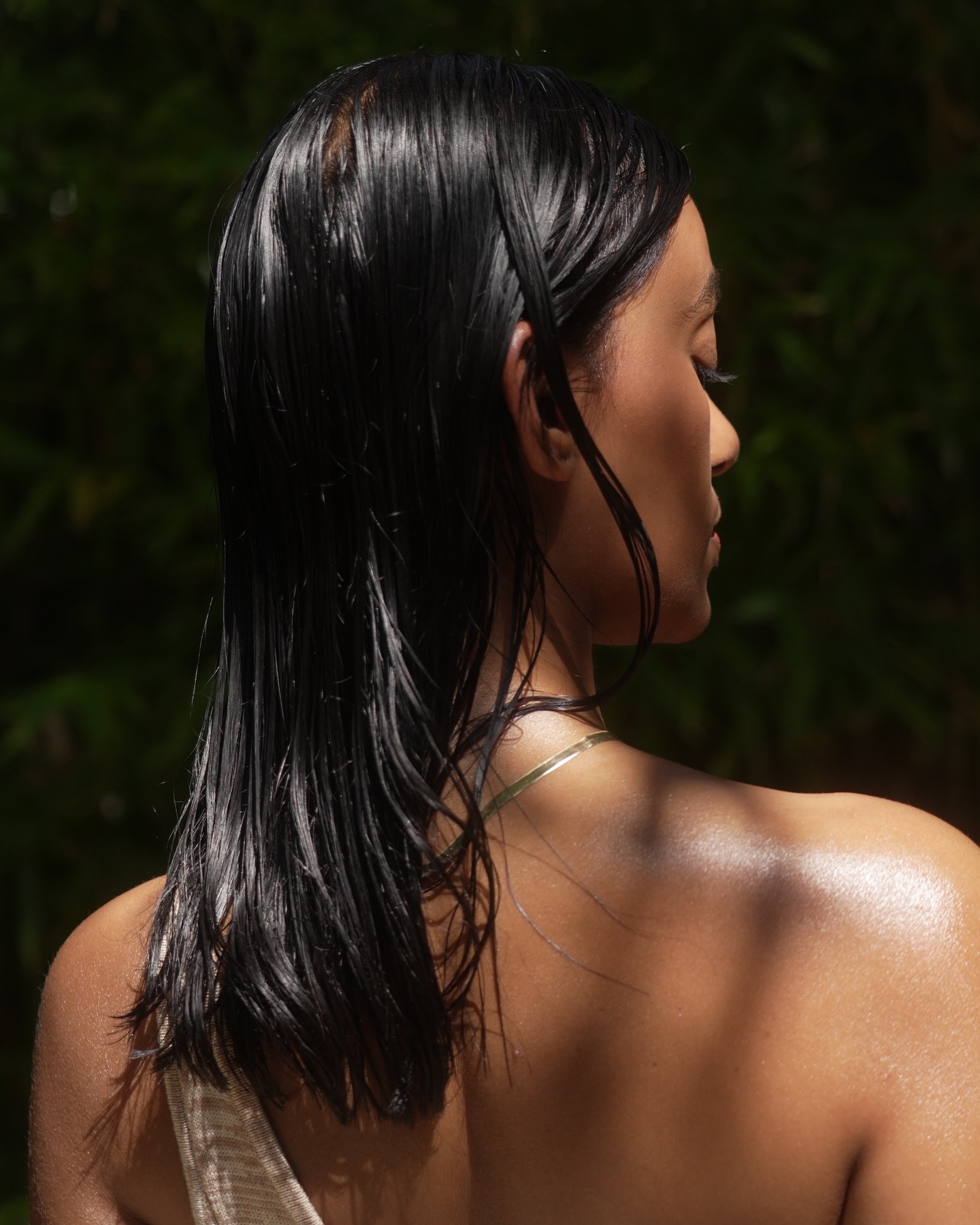
The Best Protein-Rich Hair Products
If your hair needs protein, Scandizzo, and Reavey recommend looking for the following ingredients: hydrolyzed soy, rice, wheat, and pea protein. "It’s important to look out specifically for wheat, pea, soy, or rice proteins," Scandizzo says. There's also wattleseed (a natural source of protein in Australia), hydrolyzed silk protein, amino acids, and collagen. The latter "helps fortify hair strands and boost overall thickness," Reavey says.
Hallock says the two most common ingredients for protein are keratin and biotin, but she doesn't recommend reaching for those. "Unfortunately, so many of our products have these two ingredients in them, which leads to an over-saturation of protein and can actually do the opposite from what we are trying to achieve. Instead, I recommend finding products that incorporate amino acids to assist in building keratin."
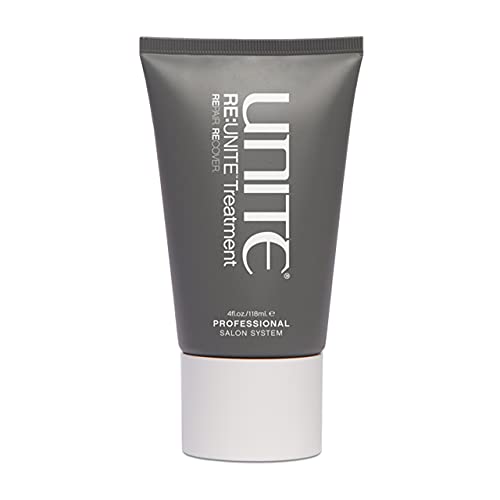
"To rebuild the protein in your hair, my go to treatment is Re:Unite Treatment," Hallock says. "You can use this highly-reparative hair mask once a week, or every other week, to transform the strength of your cuticle and aid in the retention of moisture from your other products.”
“Along with adding in specific products to your regimen, we can’t neglect the impact that drinking enough water throughout the day, as well as making sure that we eat enough protein, has on our body and our hair. Incorporating these changes into our diet also aids in fighting inflammation, which also contributes to lack of moisture and strength in our hair. I always say that healthy hair is a lifestyle and can benefit from a well rounded approach!”
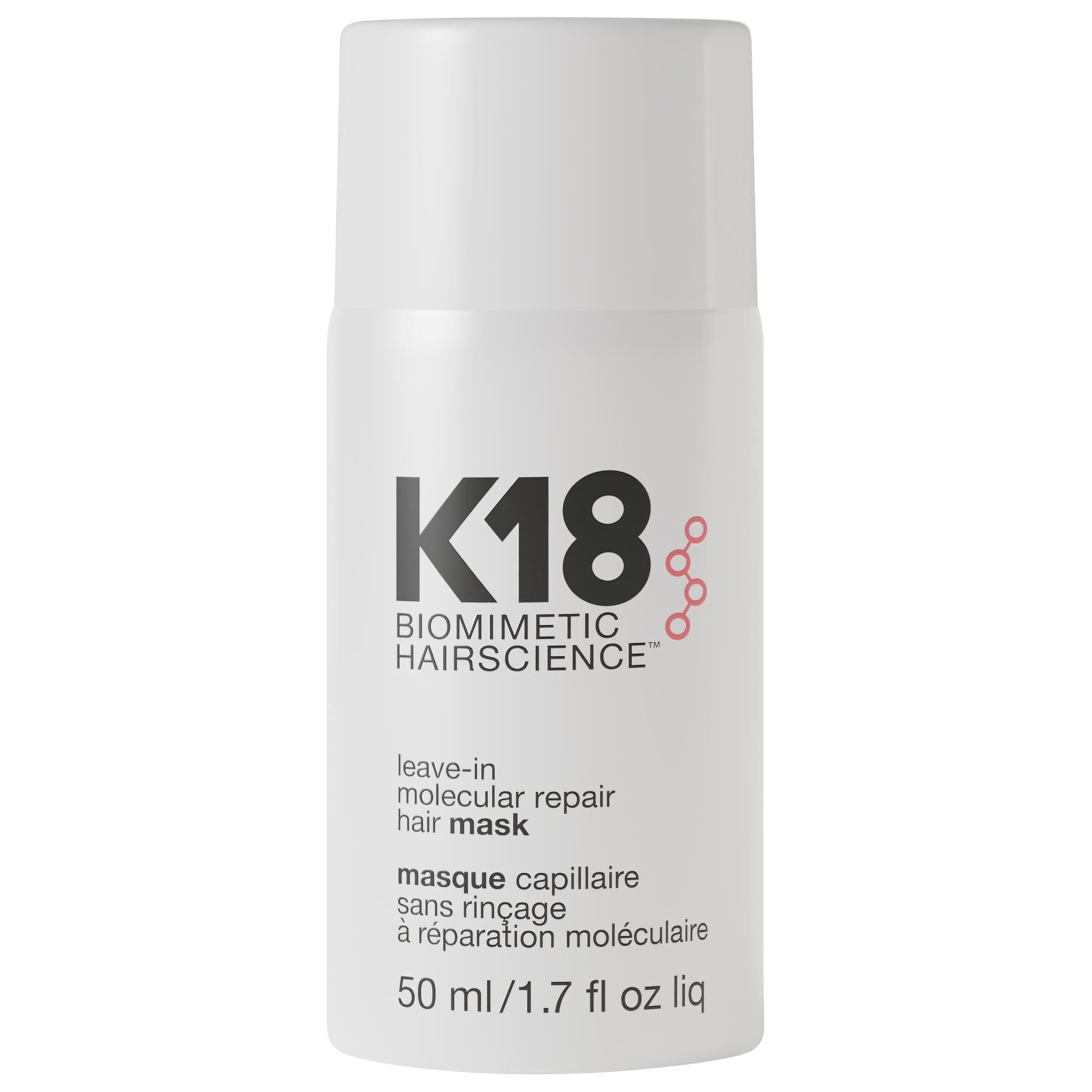
"This is a great weekly treatment for those experiencing more intense damage due to a lack of protein," Reavey says. "It’s made with K18’s patented peptide technology, which helps to restore strength to the hair."
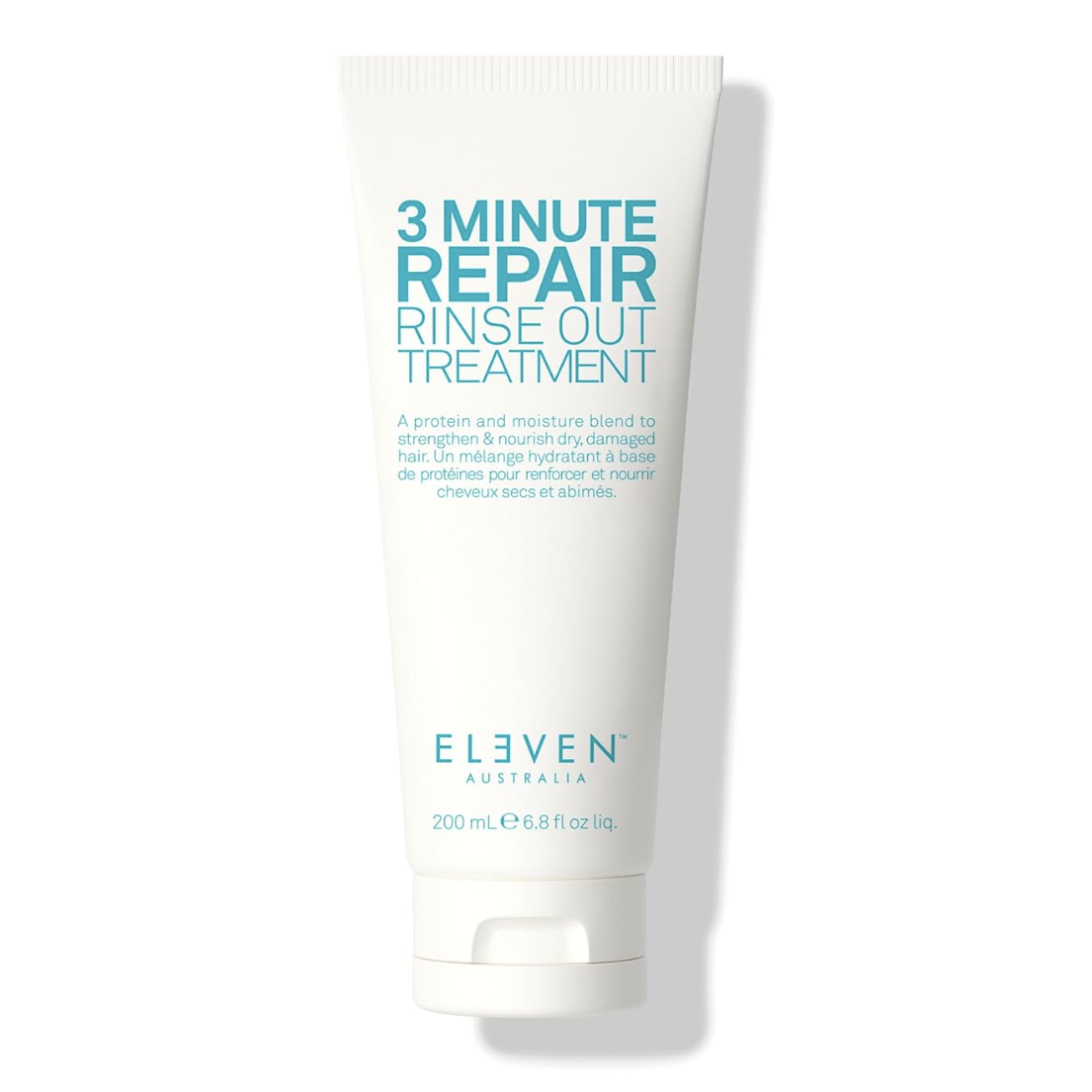
Scandizzo recommends this three-minute mask. "It includes multiple hair conditioning agents and proteins like shea butter, cucumber extract, and hydrolyzed quinoa to strengthen and nourish dry, damaged hair," he says.
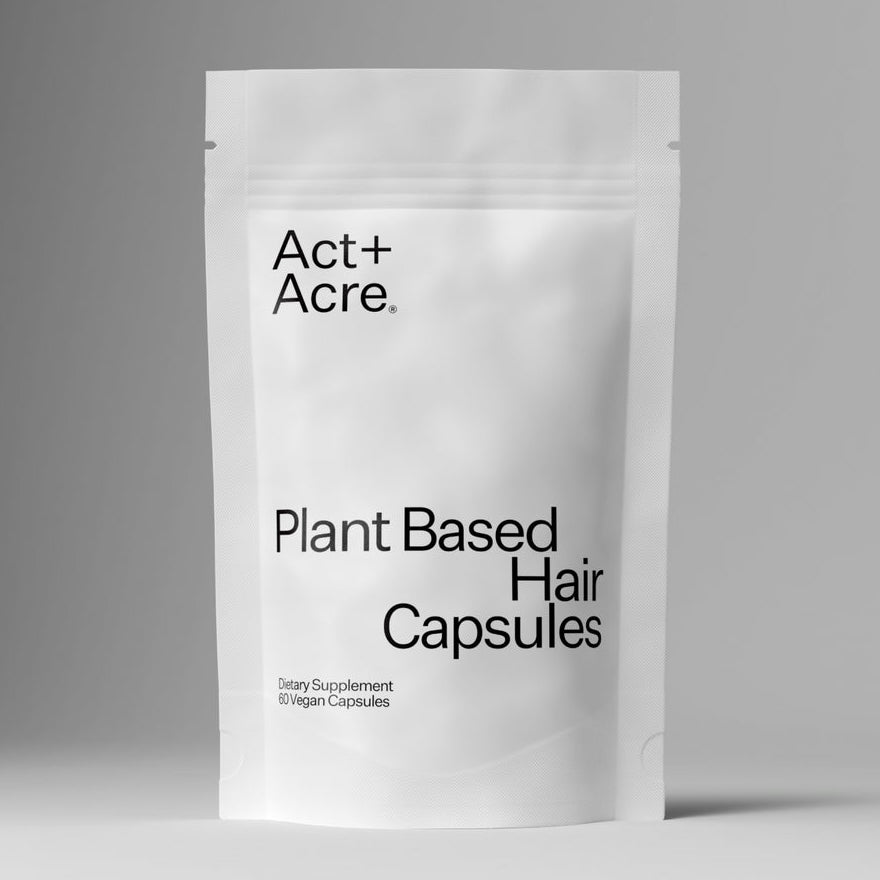
"You can also support hair strength through diet—foods rich in protein, like eggs, fish, nuts, and legumes, help fuel keratin production," Reavey says. Act+Acre Thick + Full Hair Capsules are another great way to supplement with amino acids and collagen to promote stronger, fuller-looking hair."
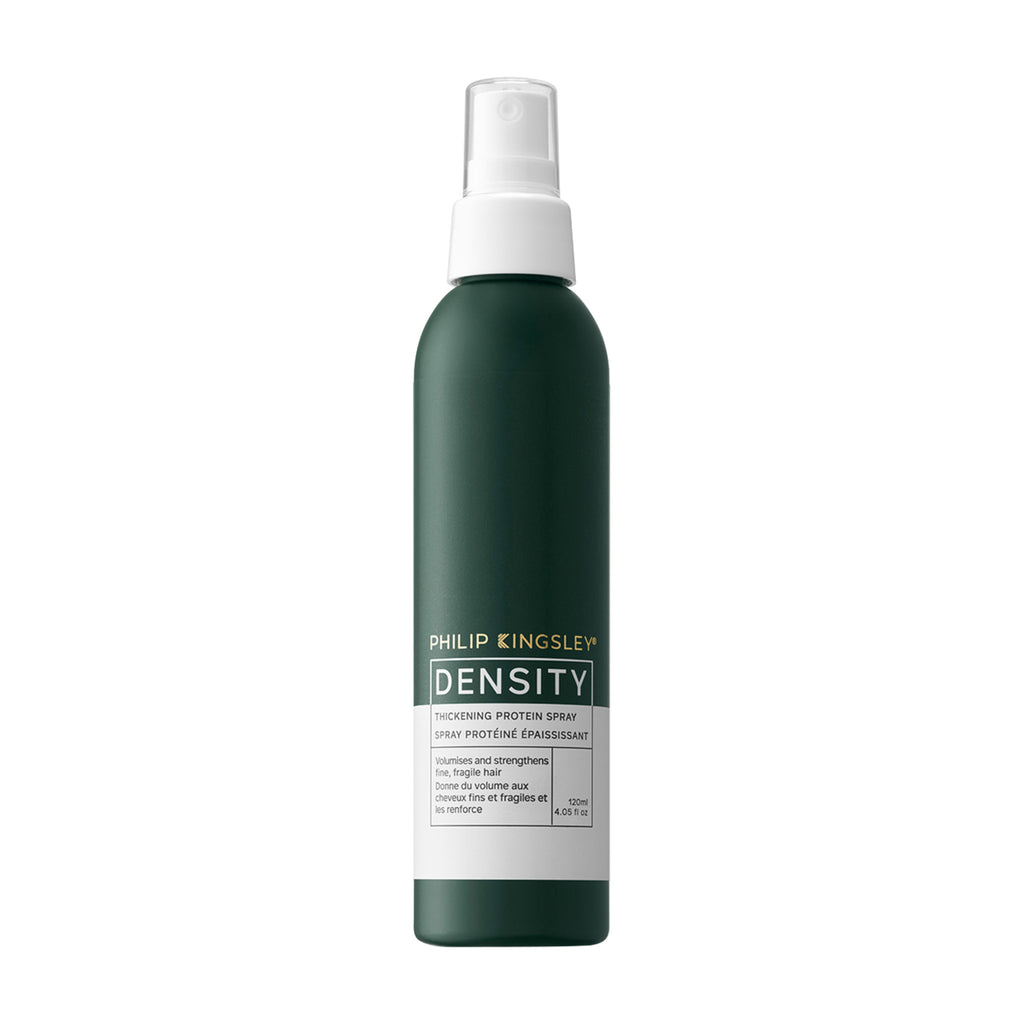
This heat-protecting spray contains pea peptides and other strengthening ingredients that literally reinforce the internal structure of the hair strands. It's so easy to use—just spritz it throughout your hair before styling it to reap all the benefits.
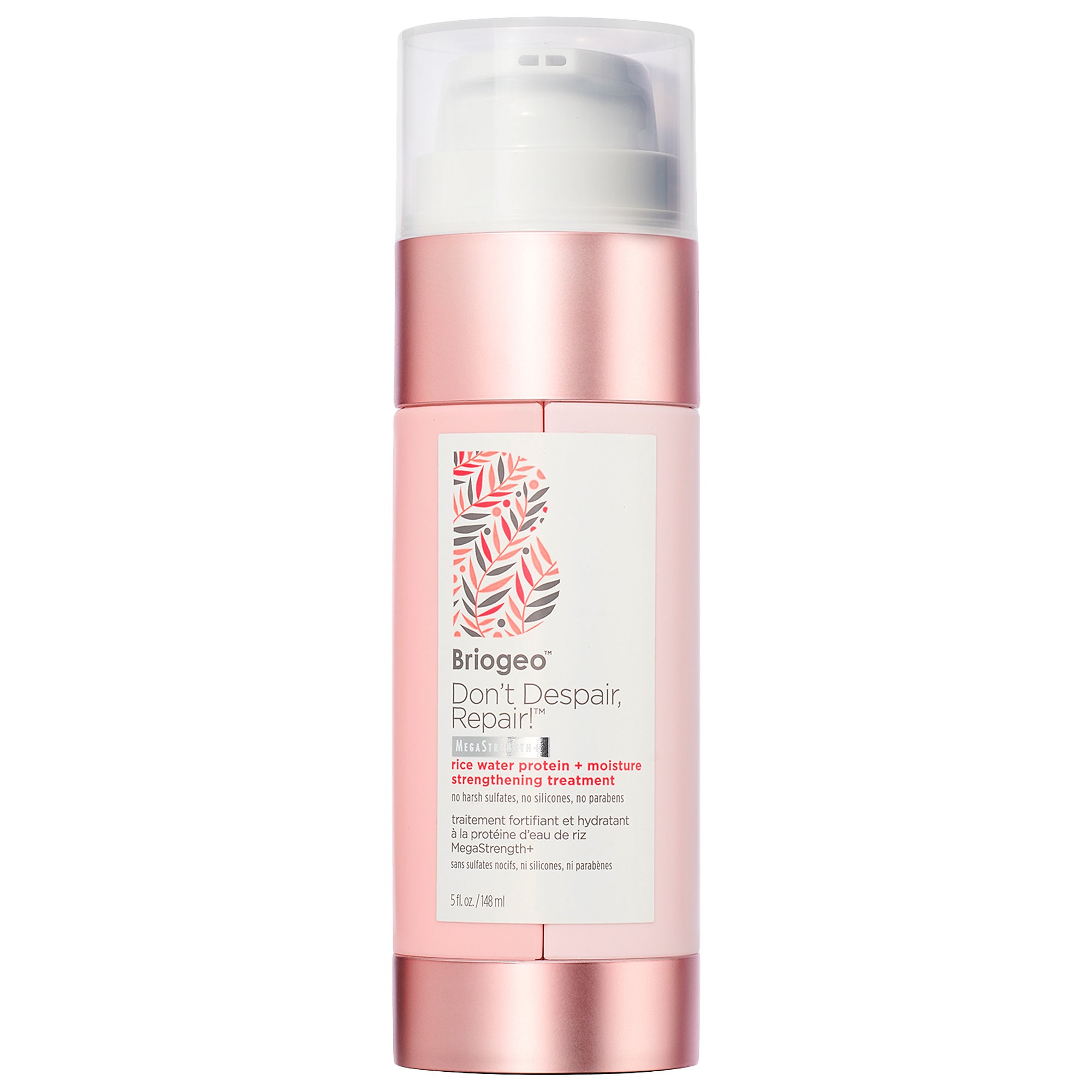
This contains a rice protein complex to strengthen weak, damaged hair.

The Best Moisture-Rich Hair Products
Hallock, Reavey, and Scandizzo say you want to look for ingredients that will both add moisture (humectants) and seal it into the hair strand (emollients) if you're dealing with dry hair. Common ingredients include hyaluronic acid, glycerin, aloe vera, avocado oil, shea butter, rosemary extract, and green tea extract.
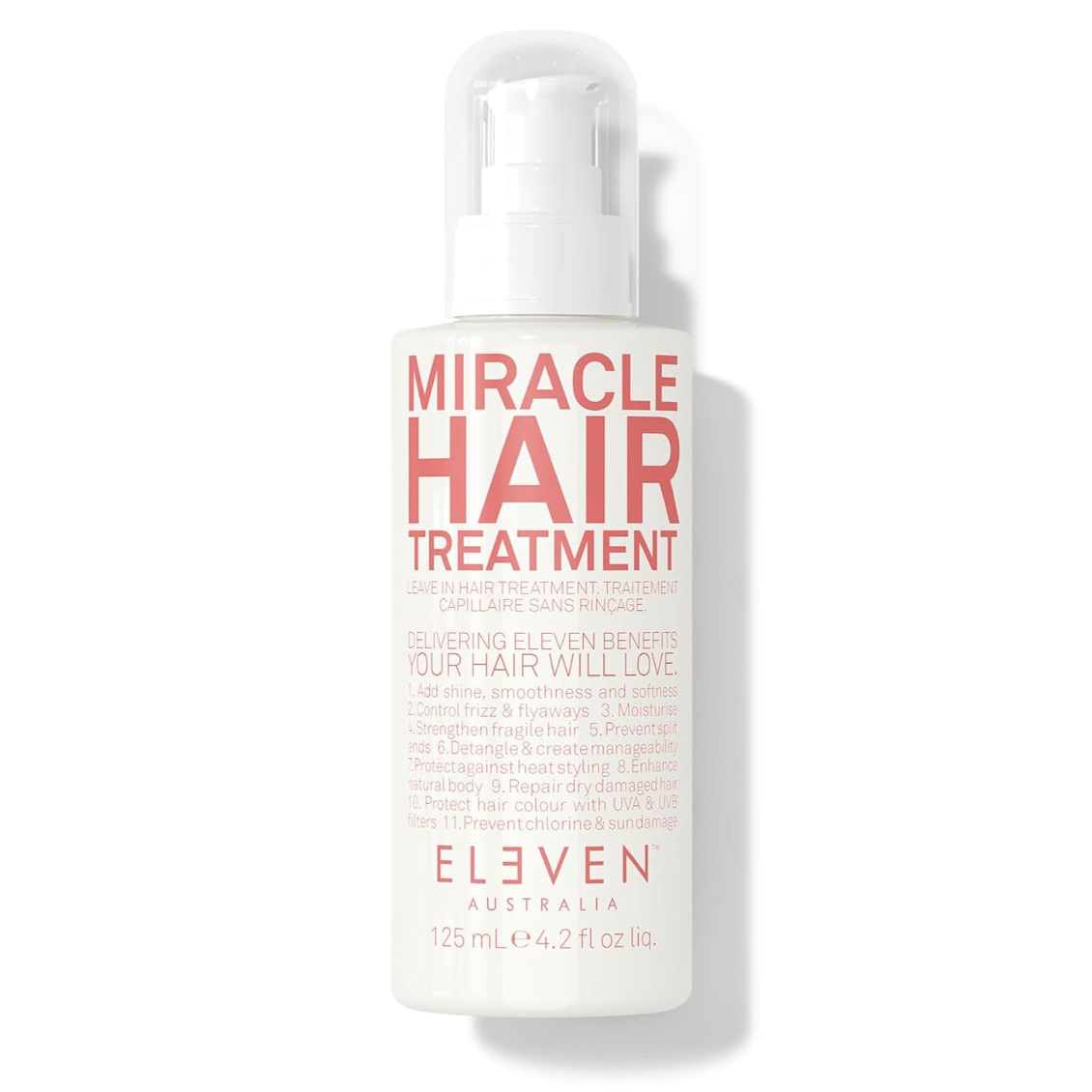
"For moisture, I highly recommend using Eleven Australia’s Miracle Hair Treatment," Scandizzo says. "It has the ability to improve your hair’s hydration, silkiness, and strength. This leave-in treatment has over 11 benefits, and it specifically helps with adding moisture, preventing split ends, detangling, and naturally repairing the hair."
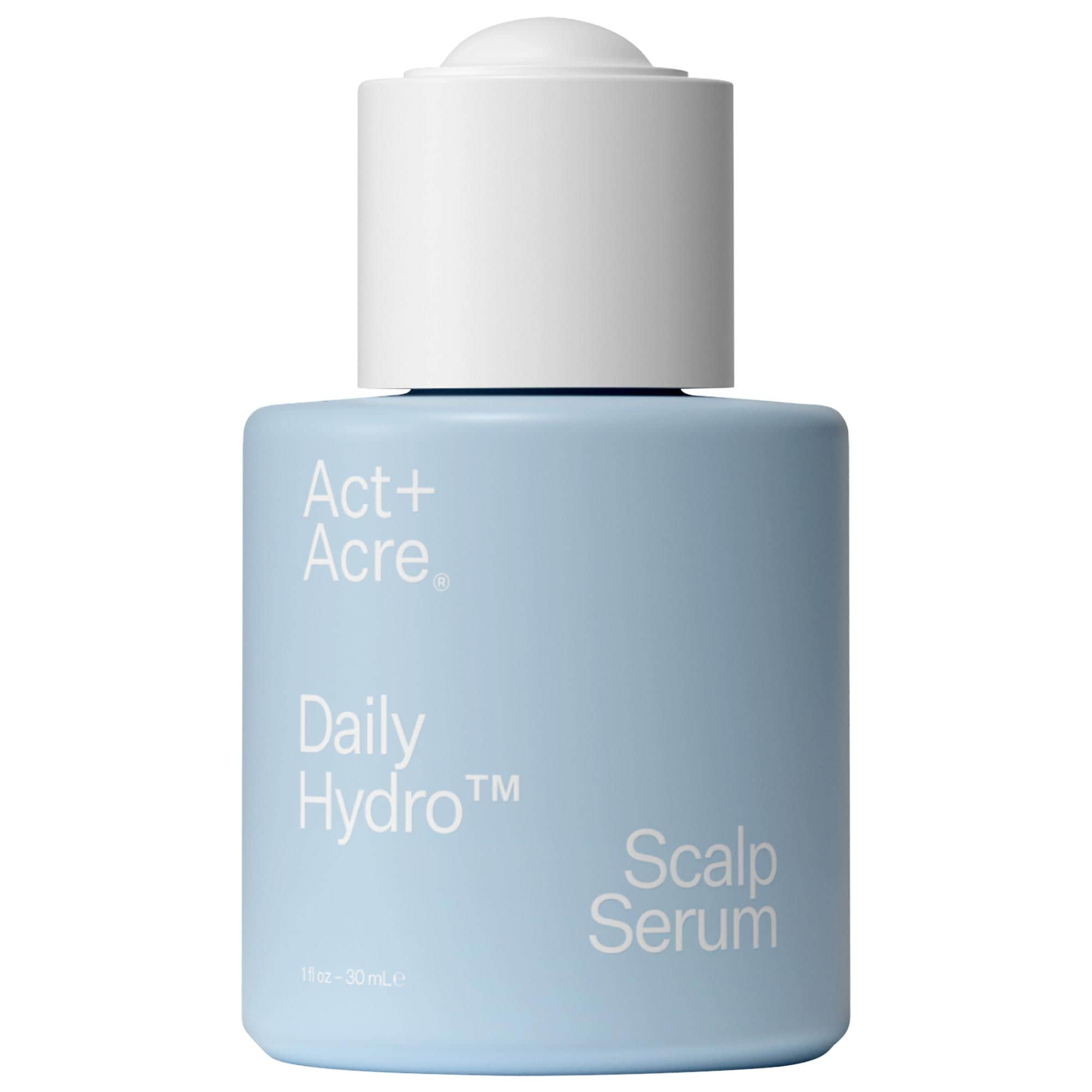
"Formulated with hyaluronic acid and glycerin, this lightweight serum provides deep hydration, reducing dryness and flaking while keeping the scalp balanced," Reavey says.
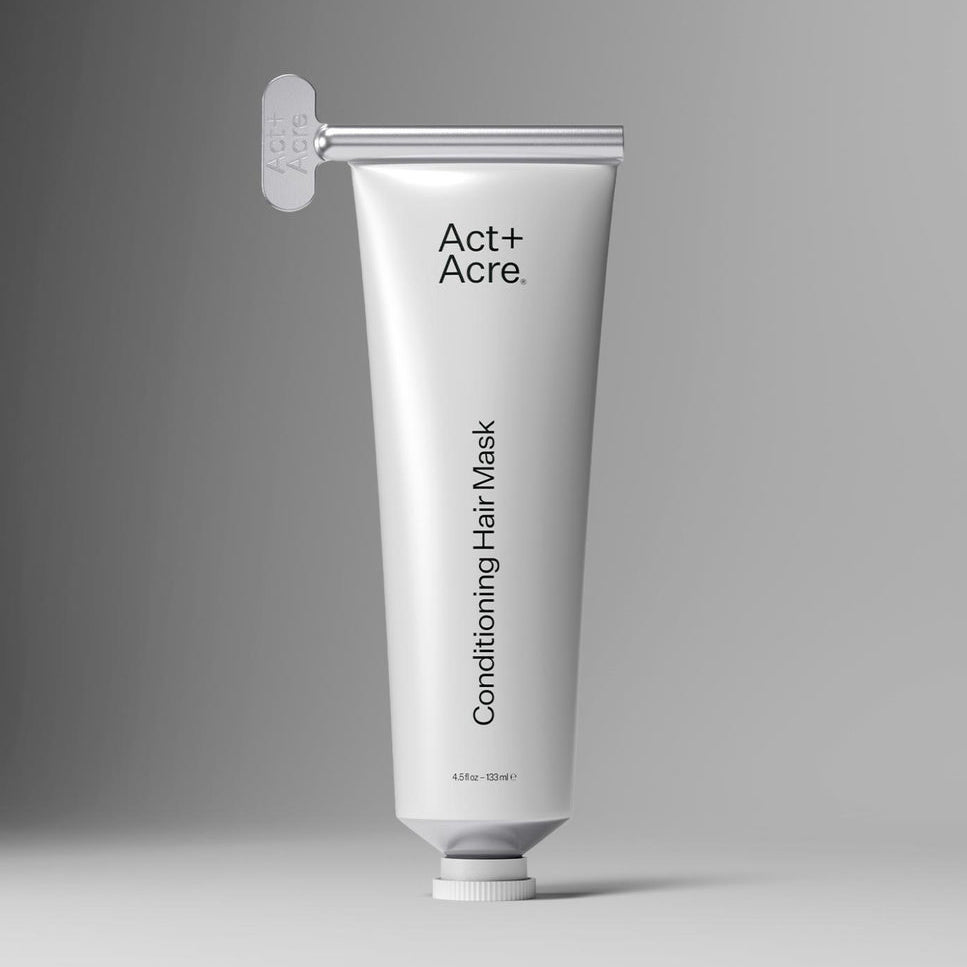
"Powered by glycerin and shea butter, this mask restores moisture, smooths frizz, and strengthens the hair’s protective barrier," Reavey says. "We also just launched a new bundle on our site, The Essential Hydration System ($94), that includes both products, as well as shampoo and a hydrating leave-in conditioner."
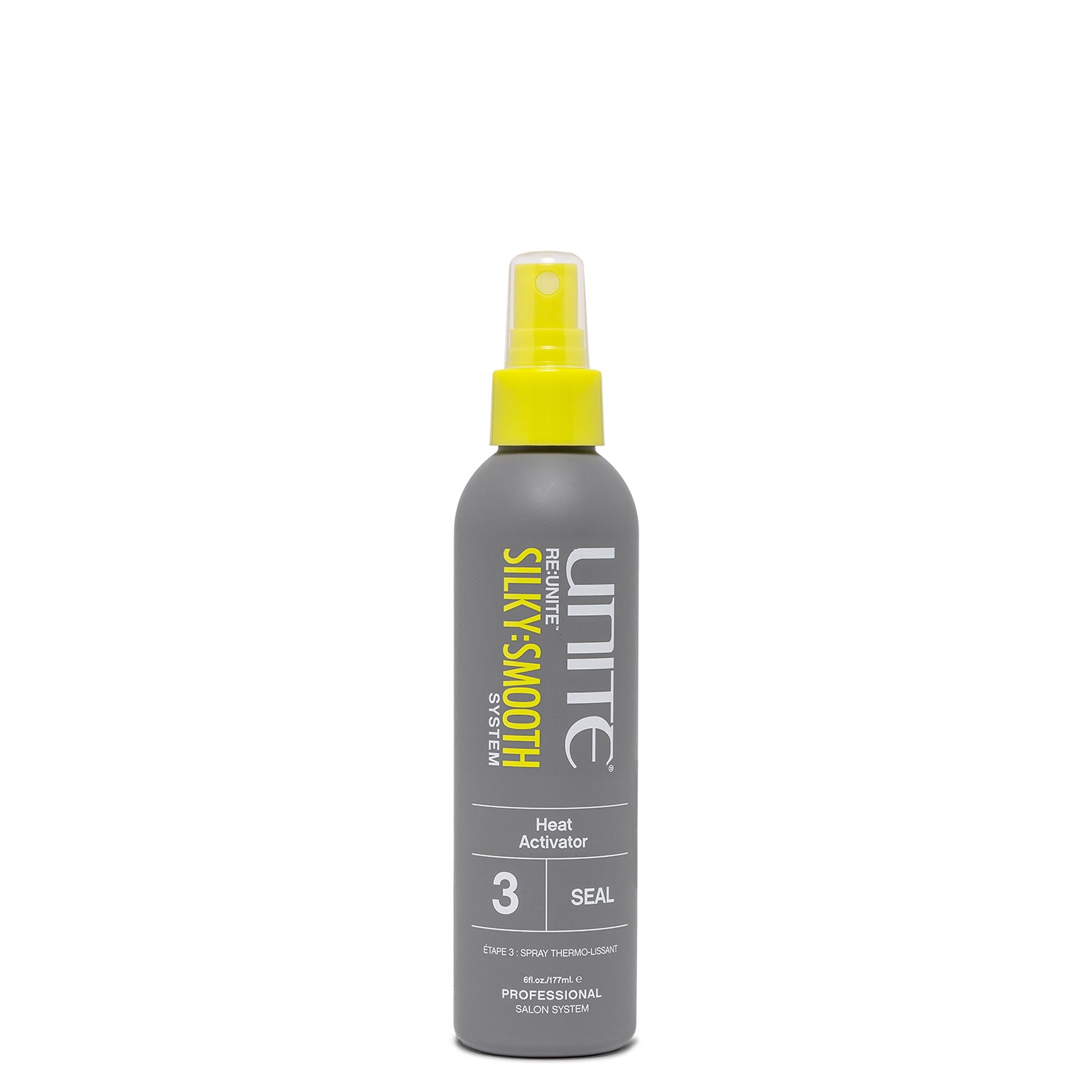
"To address hydration, there are two products I recommend to add to your regimen," Hallock says. "The first one is the Unite Silky:Smooth Heat Activator Spray. To use, spray evenly on towel-dried, damp hair and then blow dry to lock it in. This product not only delivers incredible results, but hits all the markers in the key active ingredients we look for, without the use of any alcohol. Let me tell you how hard it is to find a product like that on the market!”
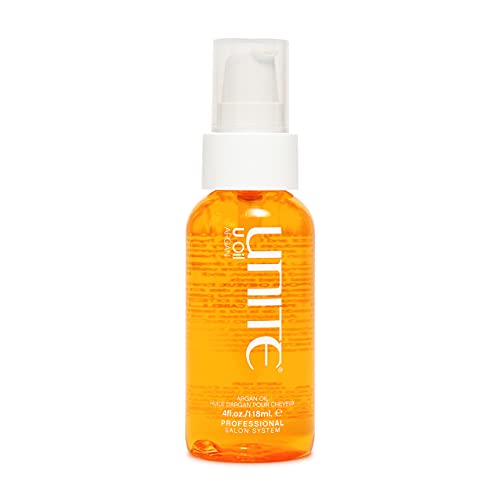
"The second product I would incorporate that you can use on your hair while it’s wet and also when it’s dry, is Unite U Oil," Hallock says. "This argan oil does so much for your hair to protect and lock in moisture in between washes. You can apply one to three pumps on the mid-strand to ends when it’s wet, and also apply one to two pumps to the hair before bed as a hydrating, overnight treatment."

This moisture-rich "lotion" uses babassu oil, witch hazel, rosemary, and nettle to hydrate parched strands. I glide it through my dry hair at least once a day.

This mask is packed with hydrating ingredients that transform dry, dull strands into soft and shiny ones after a single use. It has a rich texture and a nice scent.

Kaitlyn McLintock is a Beauty Editor at Who What Wear. She has 10 years of experience in the editorial industry, having previously written for other industry-leading publications, like Byrdie, InStyle, The Zoe Report, Bustle, and others. She covers all things beauty and wellness-related, but she has a special passion for creating skincare content (whether that's writing about an innovative in-office treatment, researching the benefits of a certain ingredient, or testing the latest and greatest at-home skin device). Having lived in Los Angeles, California, and Austin, Texas, she has since relocated back to her home state, Michigan. When she's not writing, researching, or testing beauty products, she's working through an ever-growing book collection or swimming in the Great Lakes.
-
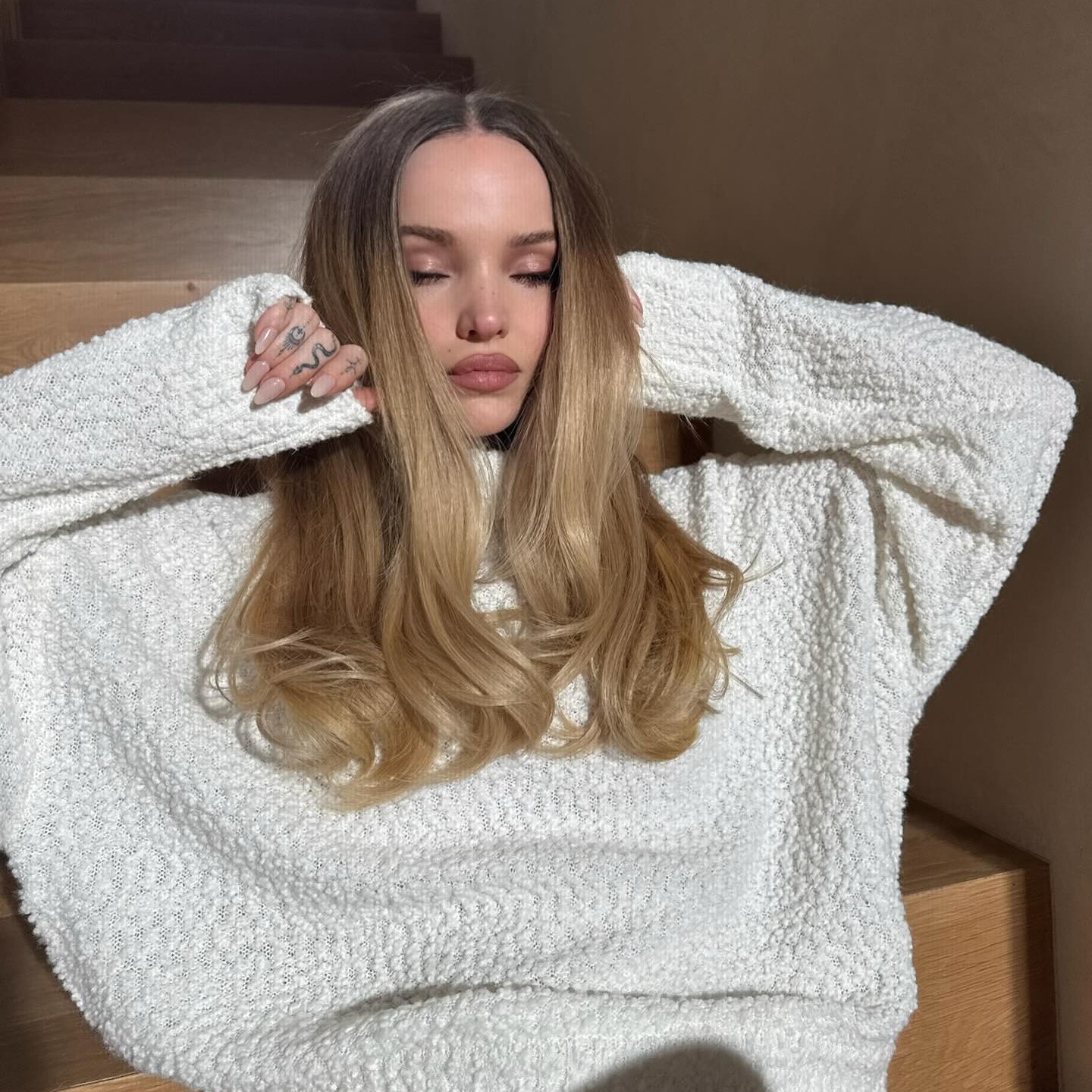 Somebody Call 2014—This "Tumblr" Hair Trend Is Officially Back for Spring
Somebody Call 2014—This "Tumblr" Hair Trend Is Officially Back for SpringGet ready to blast My Chemical Romance.
By Jamie Schneider
-
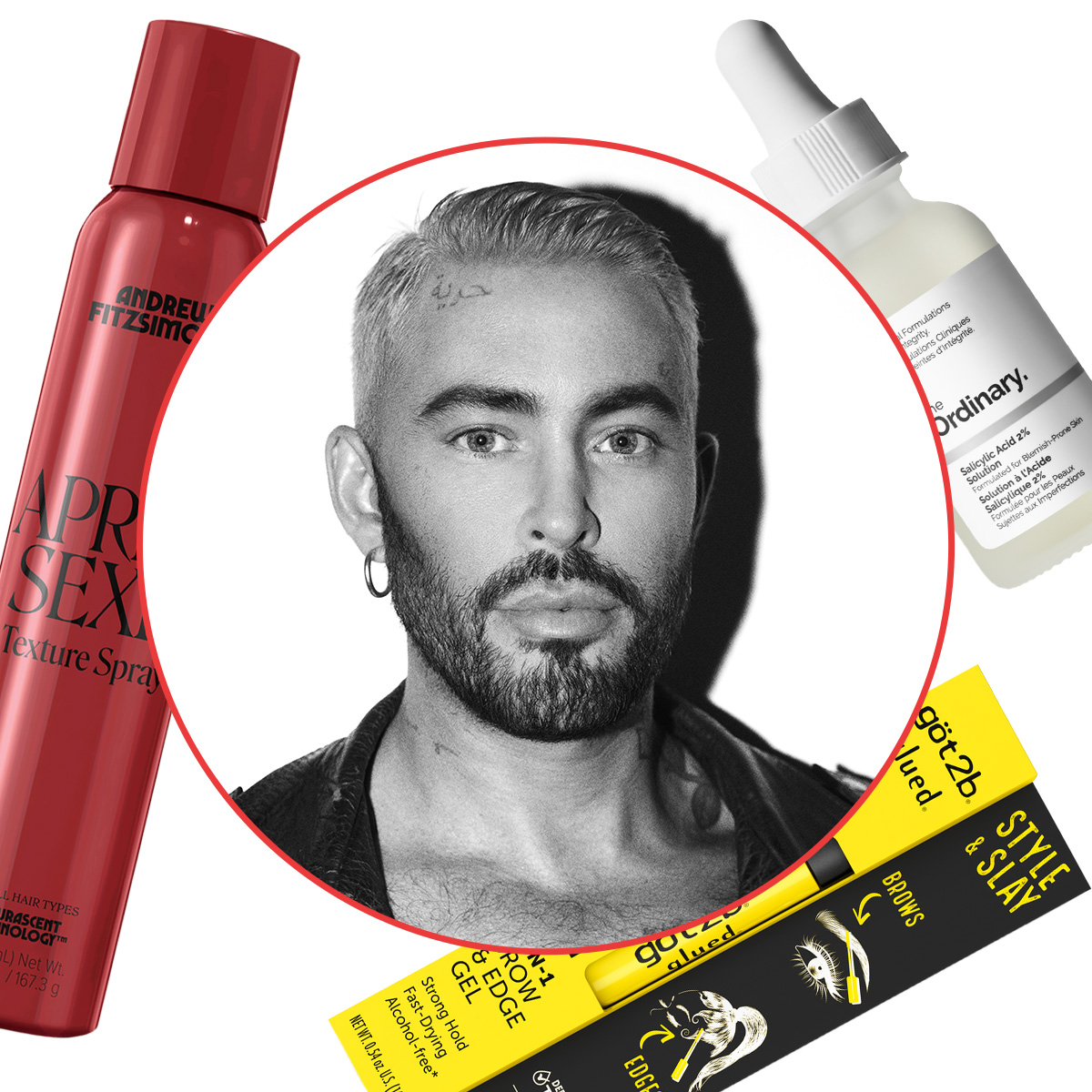 My Clients Are Known for Glossy, Expensive-Looking Hair—8 Drugstore Items I Think You Should Own
My Clients Are Known for Glossy, Expensive-Looking Hair—8 Drugstore Items I Think You Should Own"It's not about the price tag—it's about performance."
By Kaitlyn McLintock
-
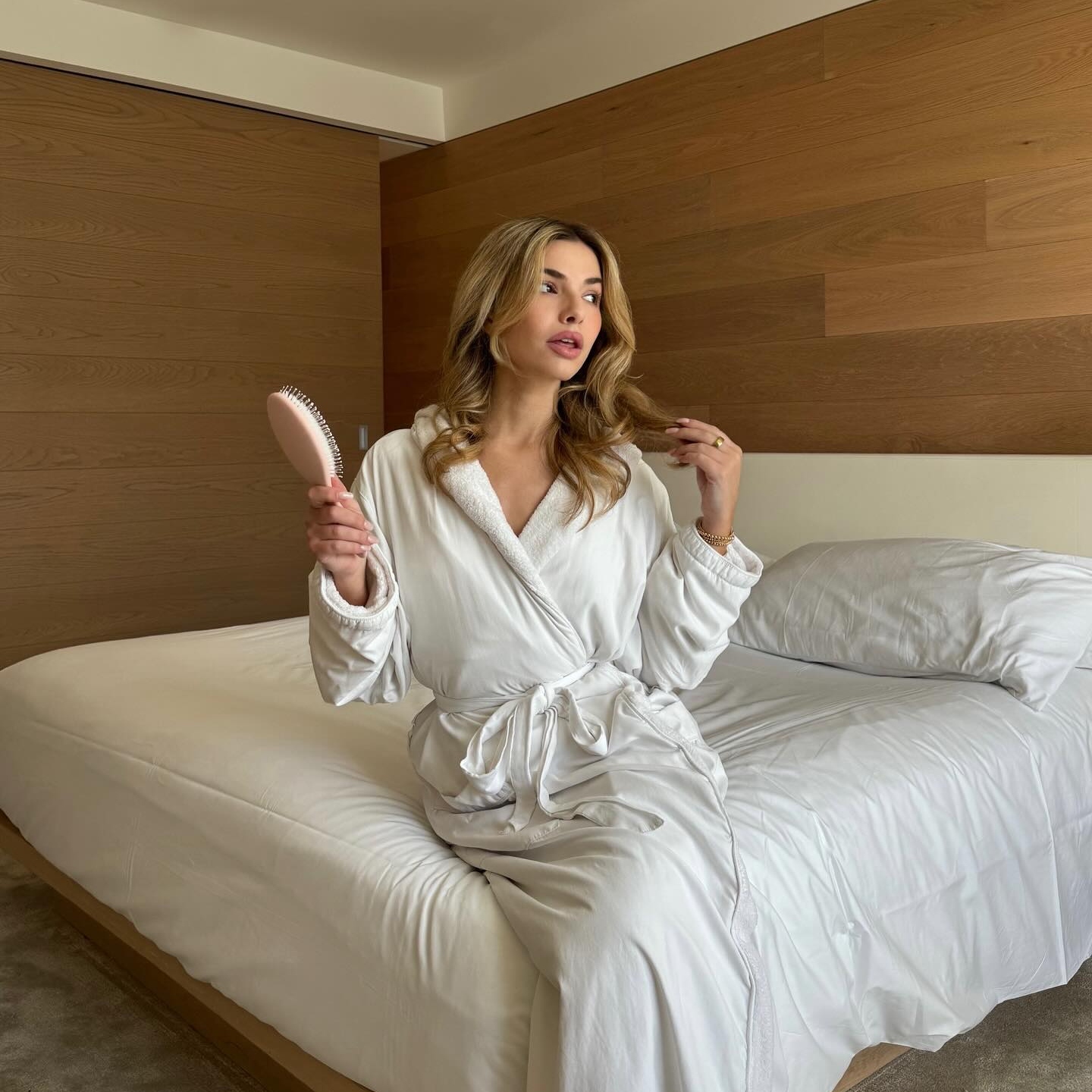 The Only Aerosol-Free Dry Shampoos That Matter, According to WWW Beauty Editors
The Only Aerosol-Free Dry Shampoos That Matter, According to WWW Beauty EditorsGive your tresses a revamp.
By Maya Thomas
-
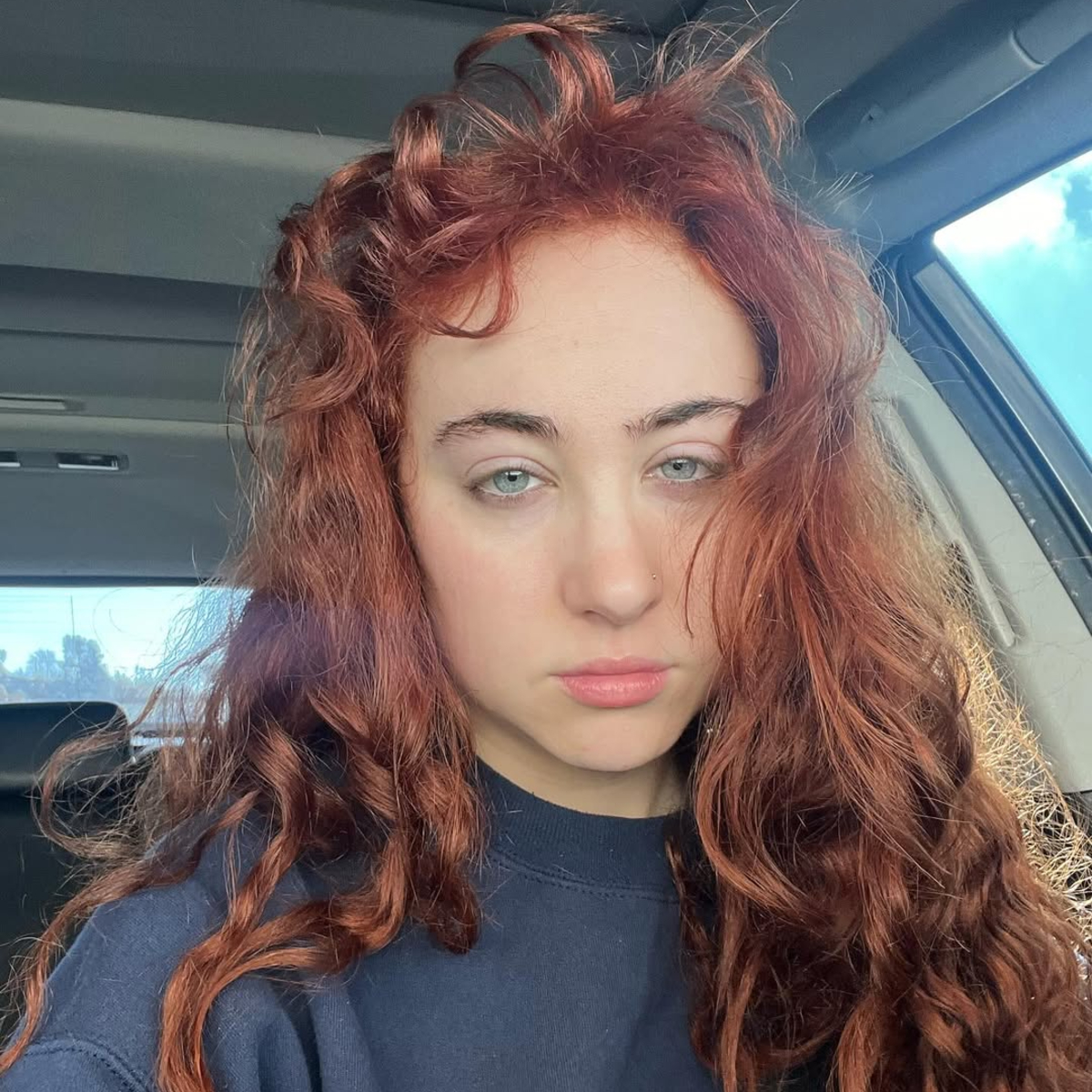 I Tried Chappell Roan's Affordable Curly Girl Haircare Routine, and It's Perfect for Super-Quick Styling
I Tried Chappell Roan's Affordable Curly Girl Haircare Routine, and It's Perfect for Super-Quick StylingFurther proof that you don't need a lot of money to look good.
By Shawna Hudson
-
 Excuse Me While I Gawp at These Incredible BAFTA Beauty Looks
Excuse Me While I Gawp at These Incredible BAFTA Beauty LooksStraight from the red carpet.
By Grace Lindsay
-
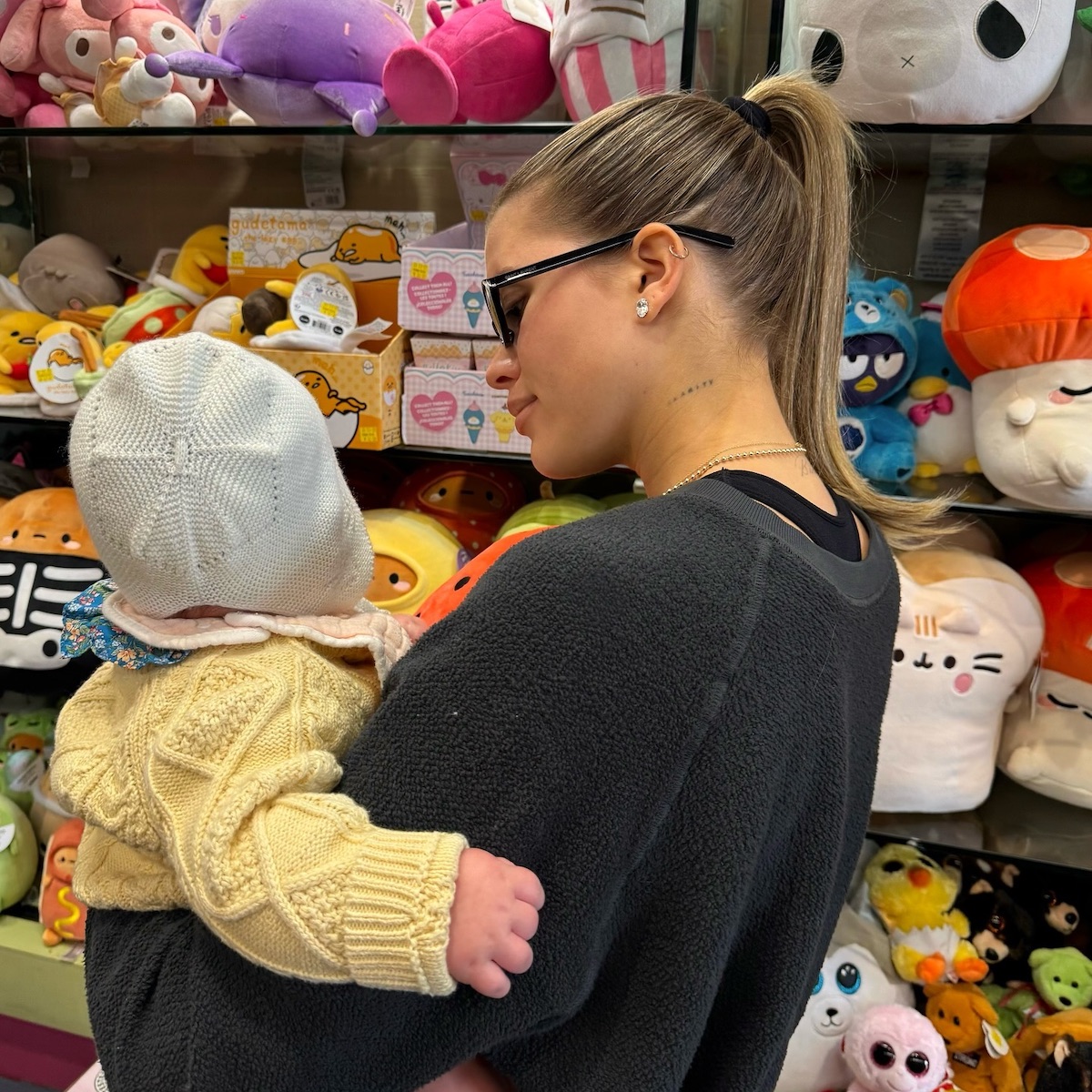 Sofia Richie Grainge Counts on This Growth-Boosting Supplement for Thick, Glossy Postpartum Hair
Sofia Richie Grainge Counts on This Growth-Boosting Supplement for Thick, Glossy Postpartum Hair"My hair has never been healthier."
By Kaitlyn McLintock
-
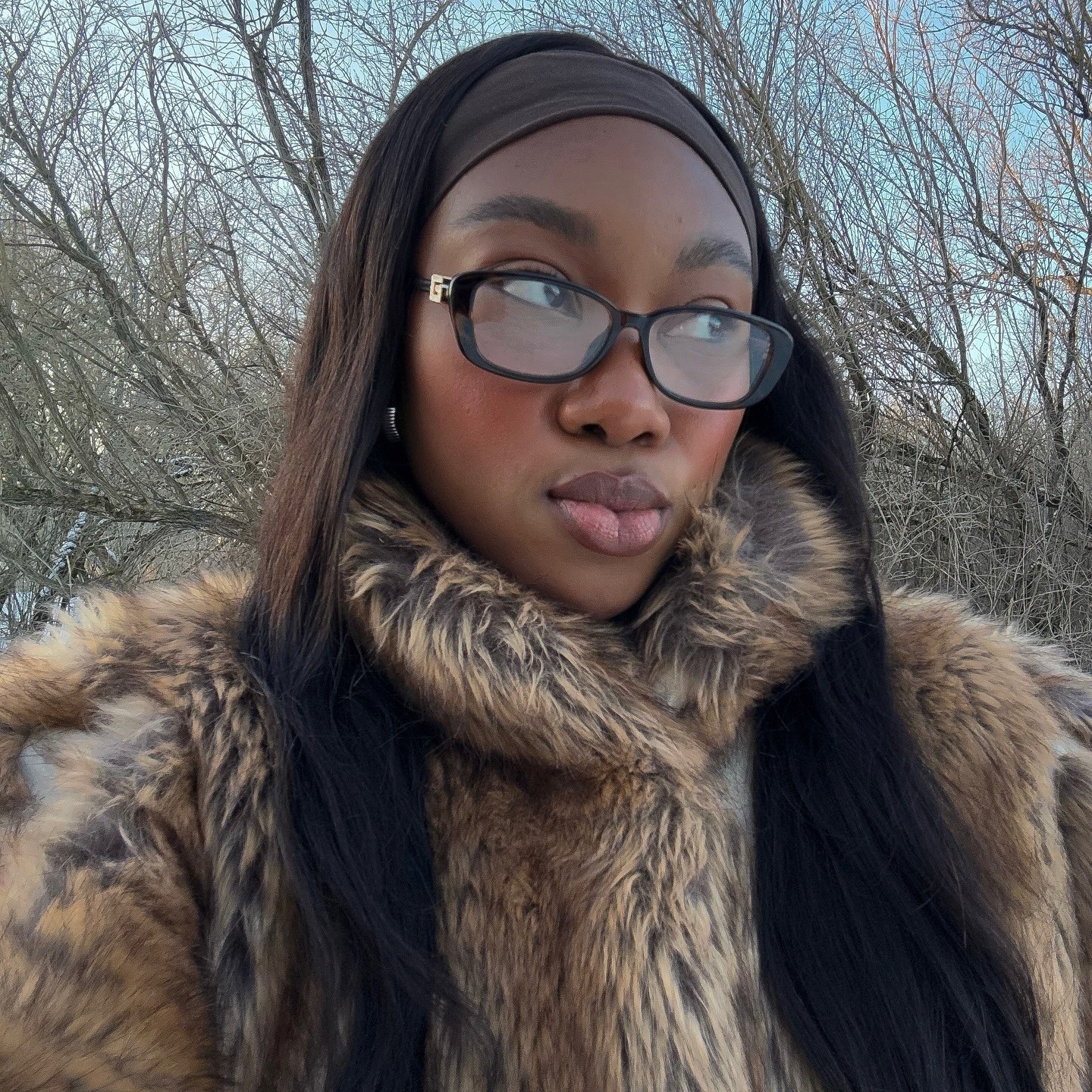 I Wanted Expensive-Looking Hair—a Colorist Surprised Me With This "Underrated" Suggestion
I Wanted Expensive-Looking Hair—a Colorist Surprised Me With This "Underrated" SuggestionI've never looked back.
By Jamie Schneider
-
 My Picky Friends Asked Me for Beauty Recs—I Showed Them These Nordstrom Staples First
My Picky Friends Asked Me for Beauty Recs—I Showed Them These Nordstrom Staples FirstThese are my go-to recommendations.
By Kaitlyn McLintock

